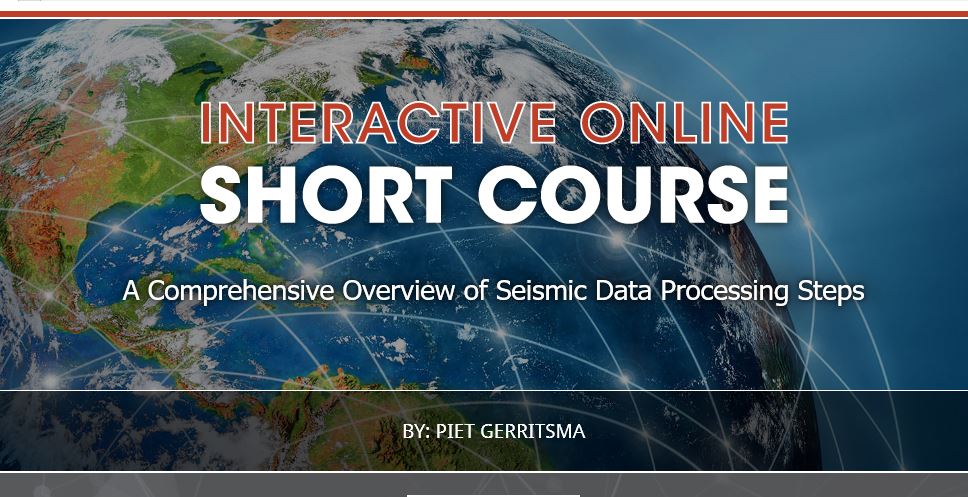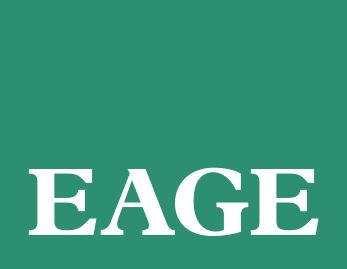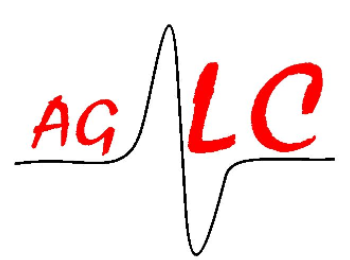Course format
The EAGE Interactive online short courses bring carefully selected courses of experienced instructors from industry and academia online to give participants the possibility to follow the latest education in geoscience and engineering remotely. The courses are designed to be easily digested over the course of two or three days. Participants will have the possibility to interact live with the instructor and ask questions.
Course description
Seismic data processing can be characterized by the application of a sequence of processes, where for each of these processes there are a number of different approaches. This course provides a comprehensive overview of the steps that are commonly applied in seismic data processing and discusses for each step the alternative implementations together with their inherent assumptions and strengths and weaknesses. This course provides the participants with a working knowledge of the different processing methods and enables them to assess the quality of a processing result. It can serve as a starting point for further study and/or enable them to be a member of a processing and/or multidisciplinary team.
Course objectives
At the end of the course the participants will have obtained an understanding and appreciation of the many alternative processing approaches that are representative for the practice of current seismic data processing. The course emphasizes for each process the various existing underlying geophysical models. Many examples will be shown to illustrate the material; theory with references will be included; a handout that covers all course material will be made available.
Course outline
The following steps in seismic data processing will be discussed:
- Introduction to data acquisition practises
- Static corrections
- Velocity analysis
- Deconvolution
- Signal-to-noise enhancement techniques
- Multiple elimination
- Stacking
- Migration: time migration and depth migration
- Velocity model building
- Introduction to AVO, 4D Seismic, and Seismic Inversion
Participants’ profile
Students, starting geophysicists, interpreters and geologists, petrophysicists and reservoir engineers who wish to understand seismic data processing either as an introduction for further study and/or as a knowledgeable member of a multidisciplinary team.
Prerequisites
Course participants should be interested in seismic data processing; a background in science will be sufficient.
About the instructor
Piet Gerritsma (1942) graduated in physics at the University of Groningen. He joined Shell in 1969 as a research geophysicist in Rijswijk (The Netherlands) and Houston (USA).
He was actively involved in the development of programs for statics, velocity analysis, synthetic seismograms and raytracing, deconvolution, multi-component seismic, shear waves and anisotropy, AVO and migration. He acquired operational experience as processing and special studies geophysicist in Brunei and in Canada. He was Shell”s representative in international research consortia: SEP (Stanford), DELPHI (Delft University of Technology) and IFP (Institut Francais du Petrole); he also served as associate editor of Geophysical Prospecting on Migration, Modeling and Inversion.
During his Shell career he has always lectured at both basic as well as advanced level covering a broad range of topics. He left Shell in 1999 after 30 years of service. Since that time he is a lecturer at CTG (Center for Technical Geoscience) at the Delft University of Technology. He also teaches regularly courses for national and international oil companies and service companies, both as an independent teacher as well as on behalf of geoscience training alliances. He has presented this course several times on behalf of the EAGE and CSEG.






Recent Comments